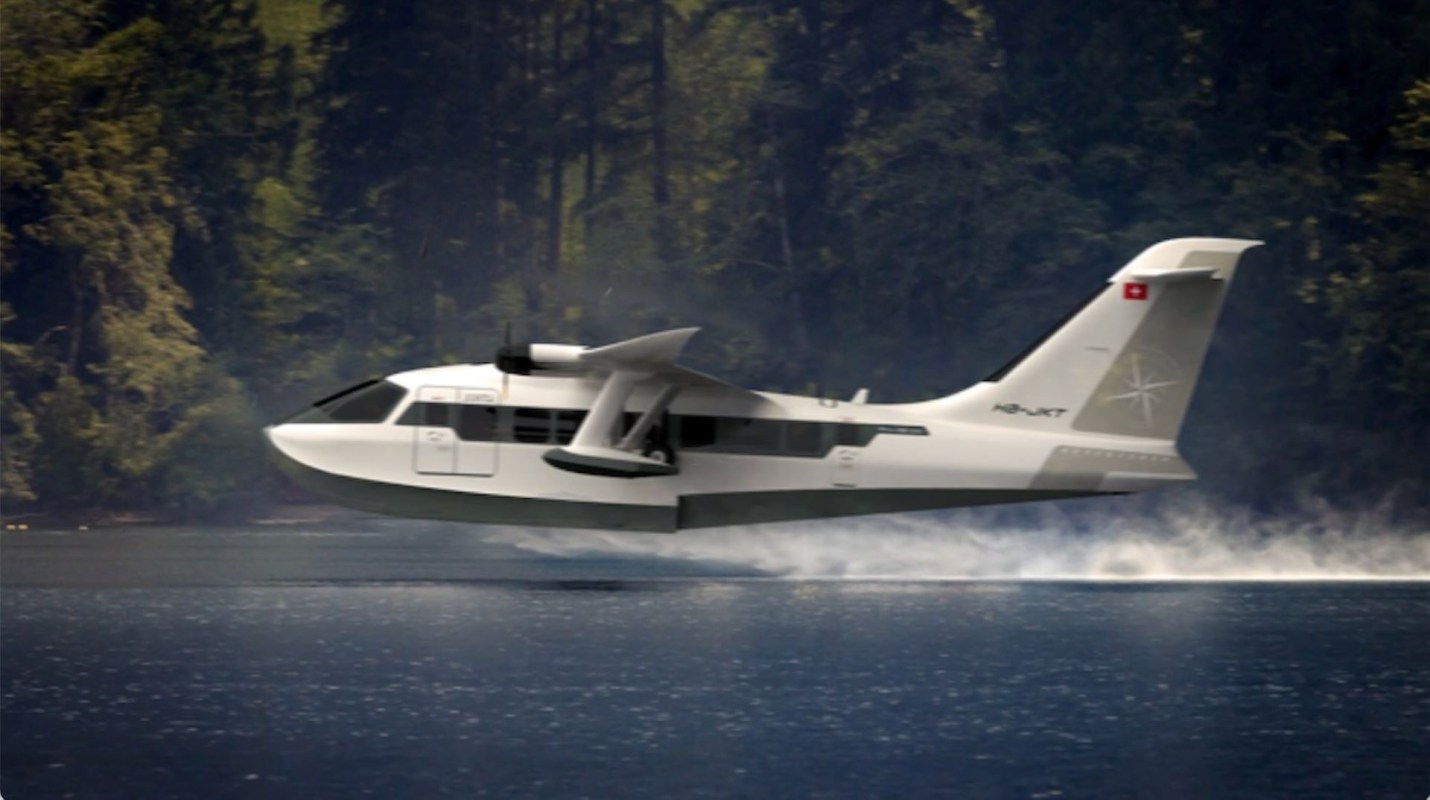Switzerland may have been riled by recent banking turmoil, but at least one of the country's industries is still thriving: electric seaplanes.
In March, Swiss startup Jekta Switzerland SA received its first order to sell 10 zero-emission seaplanes to Dubai-based travel company Gayo Aviation and Tourism. Gayo's chairman, Gisle Dueland, told Reuters that his company intends to use the planes "for sustainable luxury travel and transport to remote areas."
The model that Jekta agreed to sell to Gayo, the PHA-ZE 100, can transport 19 passengers and three crew members up to 100 miles on a single charge. Jekta says the plane can charge in just 45 minutes.
Gayo plans to add the planes to its worldwide fleet of 30,000 aircraft. The company has been focused on improving the sustainability of its so-called "experiential travel" offerings, which include multiday excursions on seaplanes and airships.
Both types of expeditions, which are offered in partnership with OceanSky Cruises, take travelers to remote locales in Sweden and the Arctic Circle and are billed as "bespoke itineraries" that offer "a unique and eco-friendly travel experience."
Though electrifying seaplanes may not seem like an urgent climate priority (as travel booking website Alternative Airlines lists fewer than 50 companies worldwide currently offering seaplane flights), the development of electric seaplanes would have multiple environmental benefits.
As Washington state NPR affiliate KUOW reports, conventional fuel seaplanes (and their close cousins, "floatplanes") burn "avgas," which is an oil-based fuel with lead in it. This fuel not only contributes to our planet's overheating, but due to its lead content, it's also a dangerous source of potential brain damage.
Though Jekta is one of the few, it is not the only manufacturer developing seaplane electrification technology. Washington state-based MagniX has partnered with Canada's Harbour Air to electrify Harbour Air's entire seaplane fleet, and Canadian aircraft manufacturer de Havilland, maker of gas-powered seaplanes like the beaver, is currently working with Pratt & Whitney Canada to develop "sustainable hybrid-electric aircraft propulsion technology."
Seaplanes might not be as widespread as other types of aircraft, but they are long overdue for an eco-friendly transformation. "
You cannot really talk about sustainable tourism if you're flying an aircraft that was designed 60 or 70 years ago," Jekta CEO George Alafinov told Reuters.
Jekta expects the planes sold to Gayo to enter service by 2029 and says it has received orders for more than 400 electric seaplanes to be delivered between 2026 and 2030.
Join our free newsletter for weekly updates on the coolest innovations improving our lives and saving our planet.









